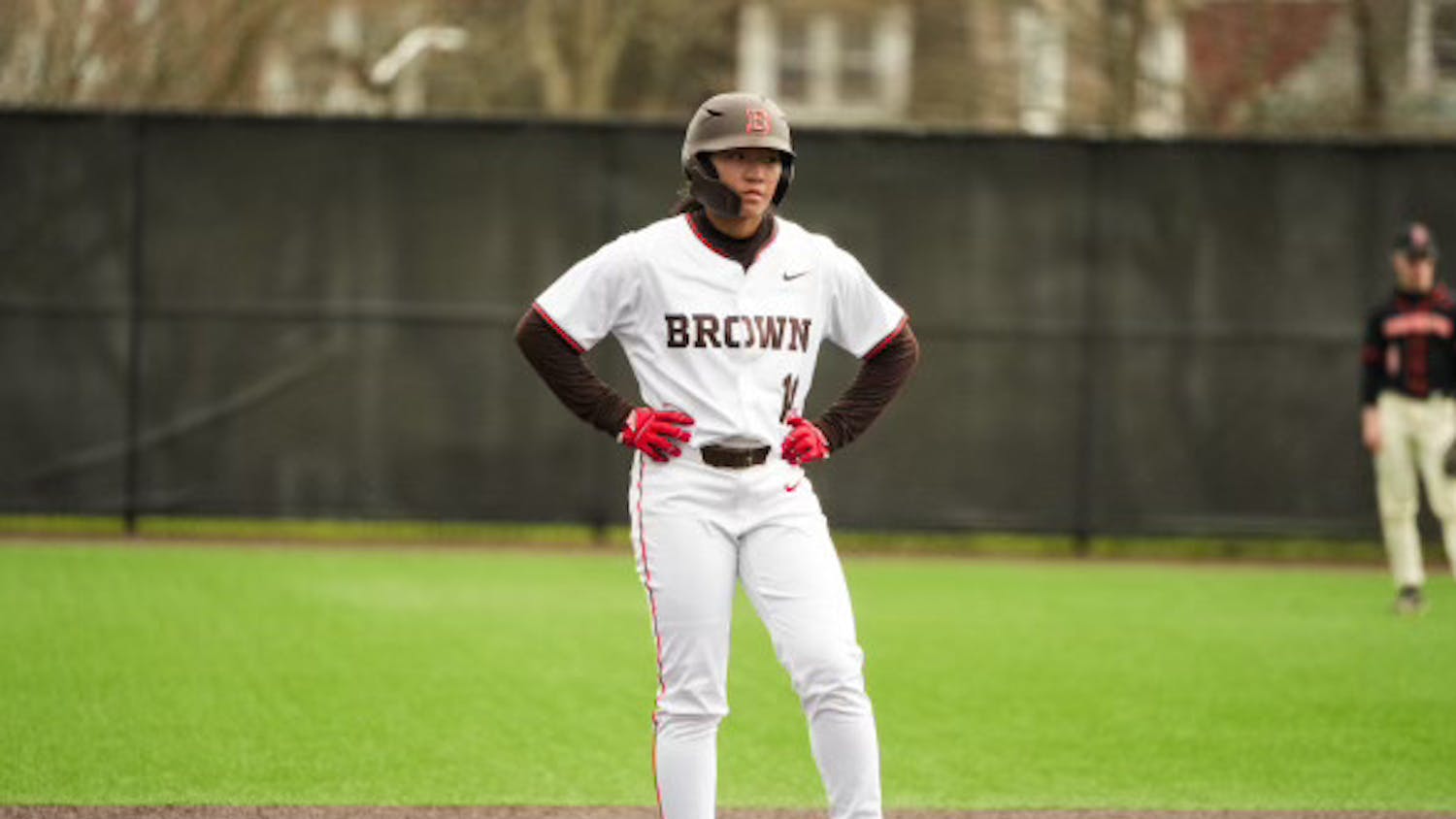Marathons are one of the ultimate tests of endurance and mental toughness for athletes. Athletes begin training plans, start months in advance and precisely calculate mileage to maximize performance on race day. The decision to run a marathon comes with many sacrifices, as runners change their diets, sleep schedules and social lives to focus on the upcoming challenge.
Choosing to subject your body to this grueling wear and tear takes a “Type A” personality. This motivated, determined personality type is shared by many Dartmouth students, since getting into and rising to the challenge of attending an Ivy League institution requires a similar level of grit and stamina to train for a marathon.
Forty-five thousand runners from all around the world converged on New York City this Sunday to put all this training to the decisive test. This year, pre-marathon headlines focused on amped up security, memories and tributes to the victims of the Boston Marathon bombings and the excitement for the return of this race after last year’s cancellation due to Hurricane Sandy. The significance of this year’s race, in particular, overshadows the individual accomplishments of each runner. Yet the training plans, the mental toughness required and the 26.2-mile distance remains the same as always. For athletes who crossed the finish line, the annoyance of sore knees and early morning runs felt worthwhile, as they were part of a race that meant so much to the rebuilding of the running community.
On top of the physical demands, the time commitment and exhaustion factor are obstacles that, for many, make the idea of training to run a marathon seem impossible to fit into their everyday lives. It is undeniable that a Dartmouth student’s schedule is jam-packed with commitments. But, look out your window on a nice day and it will not be long before several students run past. And there is something about an Ivy League student’s work ethic that allows this afternoon jog to turn into a 26-mile race.
For some students, training for a marathon is a way to push themselves outside of the academic challenges here and to prove to themselves that they can achieve whatever they put their mind to. For those whose bucket list includes running a marathon, college seems like the ideal time to check it off. It’s never easy to find the time to train or to recover from the soreness, but without a work or family schedule to work around and a forgiving, young body to endure the pain, these four years might present the prime window of opportunity.
While 40 percent of campus competes in varsity athletics and does not have the time to train for this additional competition, there are dozens of non-athletes who also commit a substantial amount of time and energy into competing at the top level of athletics. Running the CHaD Hero half marathon in our own backyard is one of many local races that spark the passion for long-distance running. For competitive runners, completing a marathon is seen as a rite of passage. Once a runner has proven that he or she can train and run 13.1, many runners look to the next step and train to double their mileage. Ultimately, this leads many Dartmouth marathoners to stride through the five boroughs of New York City or cross the finish line in Copley Square, representing the Big Green in some of the nation’s biggest marathons.
The excitement of conquering the challenge is a runner’s high that can last long after the race is over, in spite of the sacrifices training requires from college-aged runners. For serious runners, running a marathon is a rite of passage, and runners and non-runners alike can appreciate the dedication it takes to complete the race. For college students, this dedication ranges from physical and time demands to social sacrifices. Although these factors may deter some from even trying, the challenges also serve as an opportunity to rise to the occasion for others.



